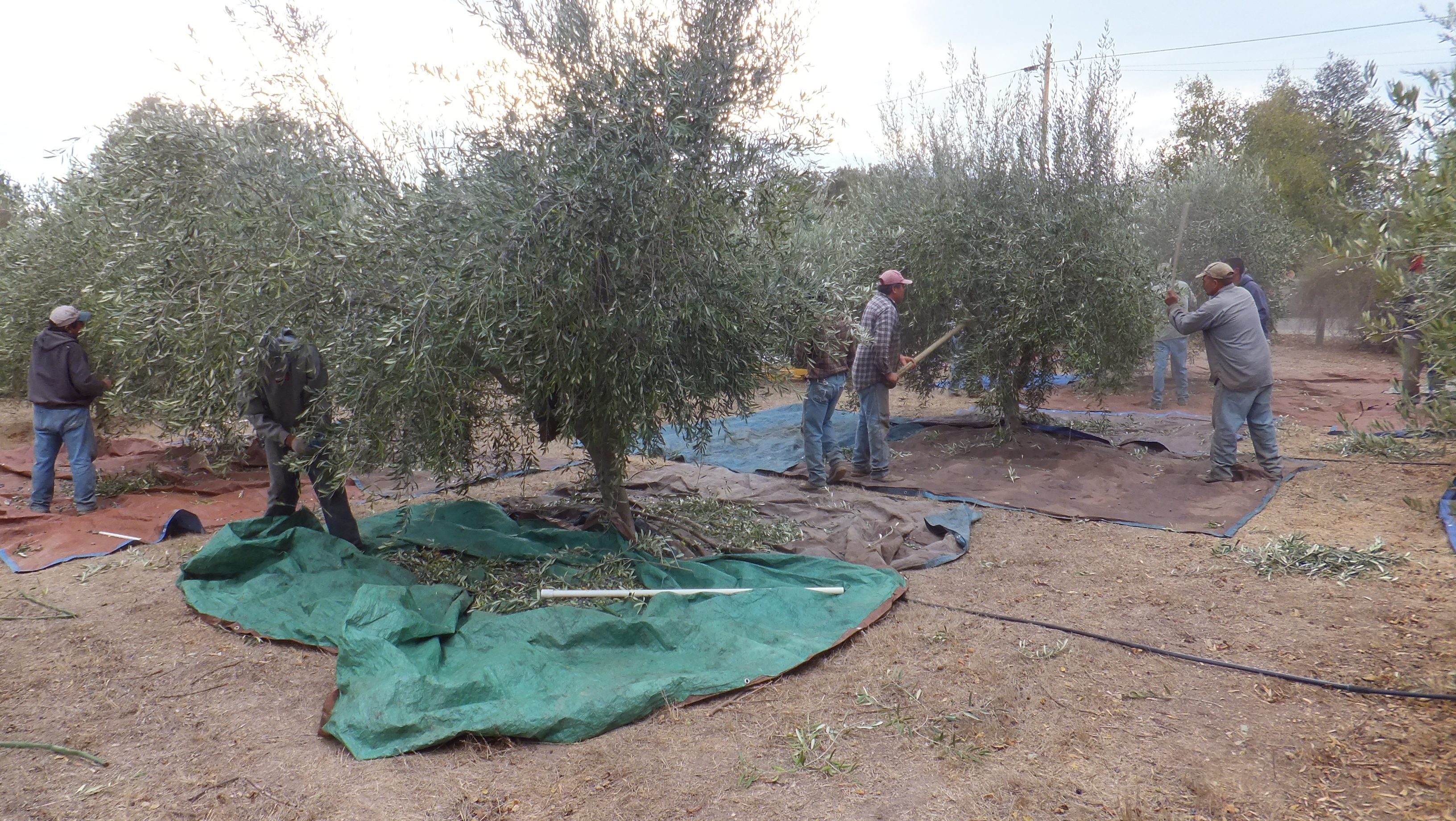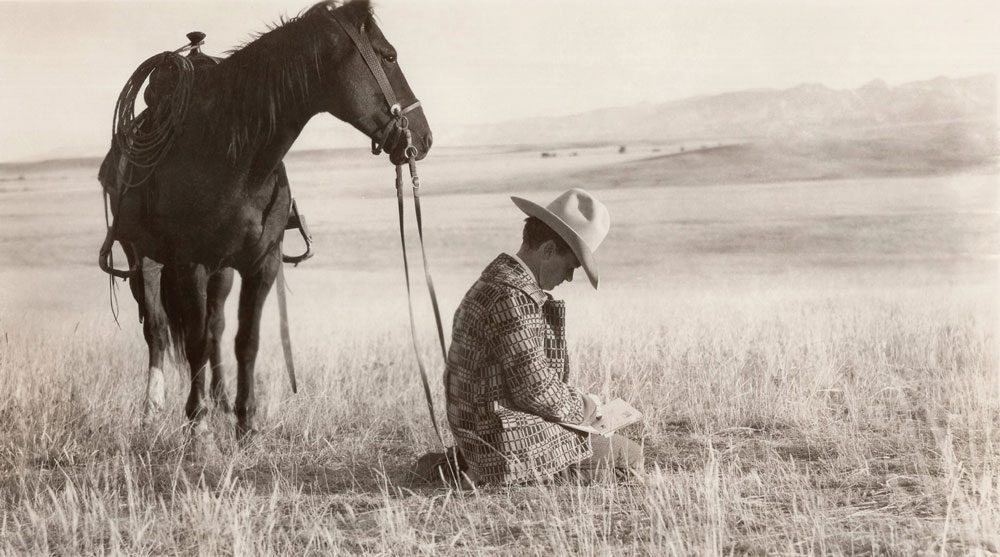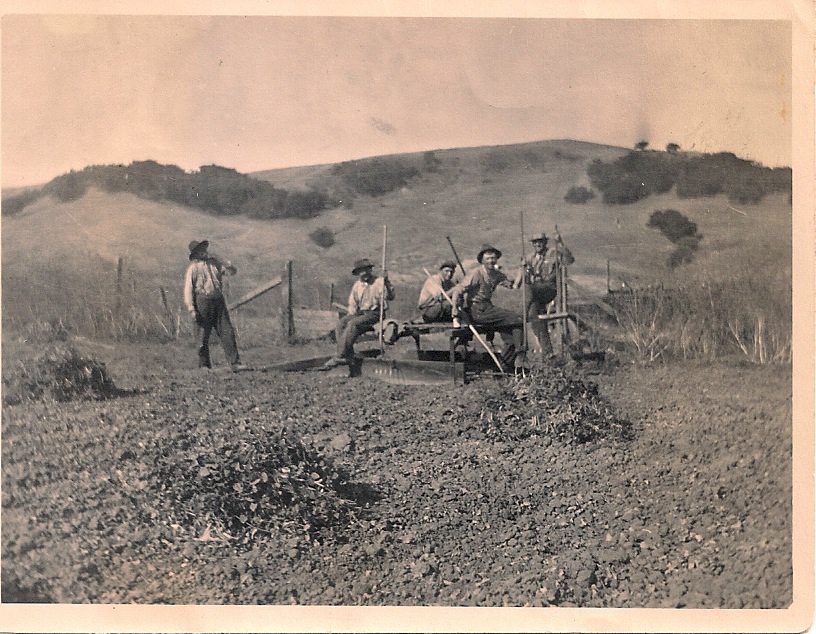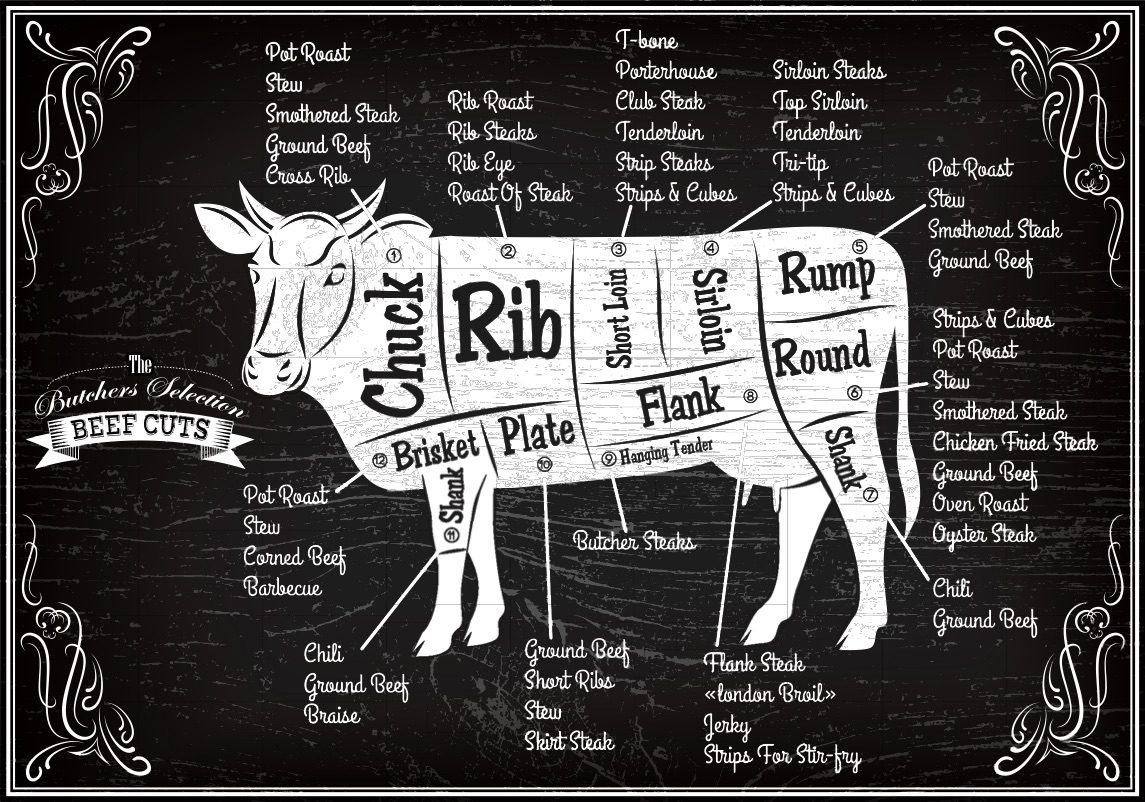By Raiza Giorgi
publisher@santaynezvalleystar.com
The trend in California’s olive industry is toward mechanical picking, but local growers say they’ll stick with hand harvesting instead.
John Copeland of Rancho Olivos Olive Oil says the industry trend of using picking machines isn’t a sustainable option for his operation.
“We hand-pick our trees ourselves and with the help of local labor outfits. If we went to using machines it would cause unnecessary waste… (that method) is more for high-density operations. Our seven-acre farm is hand cultivated and we are fortunate enough to even sell out typically by the end of the season,” Copeland said.
According to an article circulated by AgAlert on March 27, after years of declining table-olive acreage in the state, growers who remain in the olive business have found themselves at a crossroads: Convert to mechanization or face an uncertain future for their crop.
Research on mechanical harvesting for table olives has focused on two main systems: a trunk shaker and “finger” technology in which moving “combs” in the canopy remove fruit.
Musco Family Olive Co., one of two major olive processors in the state, is urging olive farmers to choose the former. The Tracy-based packer announced in late March that they intend to buy this year’s fruit from growers whose contracts were terminated by Walnut Creek-based Bell-Carter Foods, the state’s other major olive processor.
“We looked into mechanizing a few years ago, but it isn’t for us as we would have to rip out trees to plant them closer together in order to use the machines. We have never actually sold our fruit to other outfits, as we sell every drop of oil on our own,” Copeland said.
Theo Stephan of Global Gardens in Los Olivos also said that mechanical operations aren’t for her.
“Our oils are highly viscous, and while we could get more yield using machinery, I have an emotional attachment to the hand harvesting process, the flavor and quality of extra virgin olive oil we produce and terroir finish from the various groves we harvest that makes our oils distinctive from others,” Stephan said.
Copeland added that surviving the drought was the biggest challenge to their operation, and while a lot of olive growers didn’t have a crop last year, he believes his method of fertilizing more frequently helped his trees produce fruit.
“I hand prune all of my trees … I fertilize with nitrogen after the first major rain, after pruning and after harvesting, as a ‘thank you’ to the trees,” Copeland added.
Copeland said that olives are the hardiest of fruits as they can withstand pressure from all fronts, including drought, rain saturation, moisture issues, and even the economy.
Louise Ferguson, a University of California Cooperative Extension fruit expert, said mechanical harvesting could be done successfully with manzanillo olives — the predominant variety for canning — if the trees are replanted and trained properly. In some cases, older trees could be converted, but there would be yield losses for two to three years while the trees are being adapted, she noted.
Ferguson said the only grower she knows who’s tried mechanical harvesting is Dennis Burreson, Musco’s vice president of field operations, whose family grows table olives in Orland.
In a statement, Burreson said his orchards “have generated revenue exceeding any other crop we are involved with, including almonds,” and that his family is planting additional olive acreage.
Ferguson commended Musco for making the contract offers and for “trying to force (growers) to do what they need to do.”
“What they’re trying to do is save the industry,” she said of Musco. “I really give Dennis credit for doing it on his own — and for telling people what they need to hear. Now they’re at a crunch point and they have to make a decision.”
For Copeland the decision is easy, and that is to continue what is working for Rancho Olivos. In fact, he and his wife Shannon Casey opened a storefront on the embarcadero in Morro Bay two months ago.
“There are already olive oil places in the valley, and the opportunity presented itself in Morro Bay so we took it. We are also selling Marcie’s Pies and jams, as well as lavender from local farms and San Marcos Farms Honey,” Copeland said.
The store is open daily from 11 a.m. to 5 p.m. at 699 Embarcadero in Morro Bay.
Stephan recently completed her olive oil sommelier certification and just won the Award of Excellence from the Los Angeles International Olive Oil Competition.
Ching Lee, an assistant editor of AgAlert, contributed to this story. She can be contacted at clee@cfbf.com.







